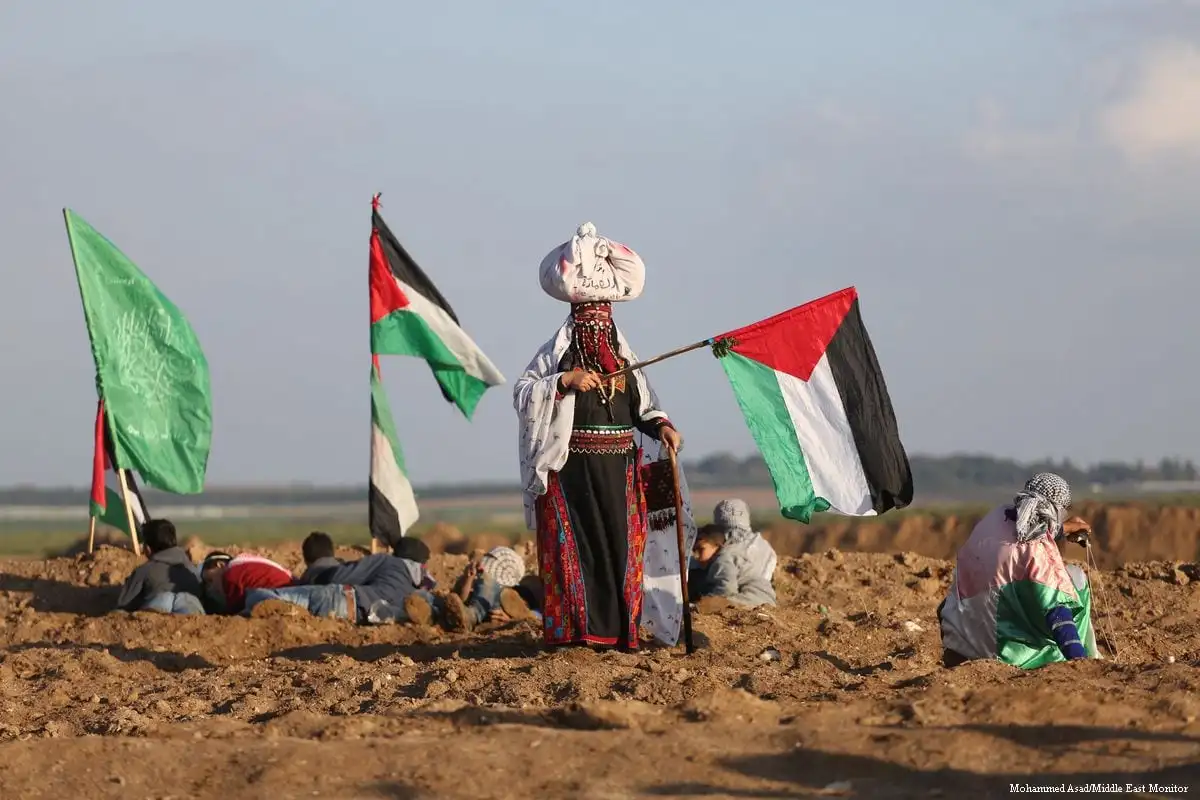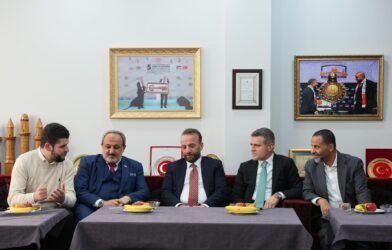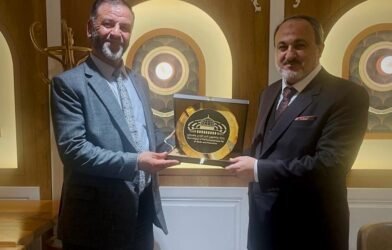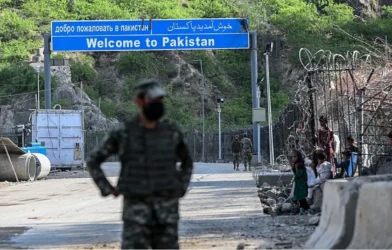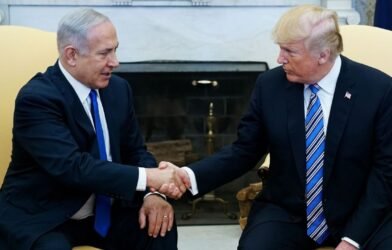Subtotal $0.00
Email :125
On December 16, 2018, an Israeli court in the occupied city of Jerusalem sentenced Susan Abu Ghannam - the mother of 20-year-old Palestinian martyr Mohammed Abu Ghannam - to 11 months in prison on charges of "incitement" over a Facebook post. Her son was martyred on July 23, 2017 while participating in protests against restrictions imposed by the Israeli occupation authorities on the entry of Muslim worshippers to Al-Aqsa Mosque - the third holiest site in Islam. She was arrested from her home less than a month after her son's martyrdom and charged in December of the following year.
On the same day, Yair Netanyahu, the son of Israeli Prime Minister Benjamin Netanyahu, claimed that Facebook had banned him from posting for 24 hours. Yair had posted a series of tweets calling for the expulsion of Palestinians and Muslims from the region, and then accused Facebook of "thought control" after it removed one of his posts. He claimed that his suspension came as a result of criticizing Facebook for removing his post, while the company explained that his posts reposted hate speech that violated the platform's community rules.
Unlike Susan Abu-Ghannam, a mother of four, Yair Netanyahu was not thrown in jail for two months, summoned to court or sentenced to 11 months in prison. He bragged about his actions and presented himself as a hero. In this rare instance where Facebook took action against a non-Palestinian account, the "punishment" was limited to a 24-hour ban.
Israeli authorities ignored Yair's hate speech and focused their attention on a Palestinian wedding celebration. Israeli occupation forces waited in a nearby alley for more than an hour and a half before arresting Palestinian groom Rami Fakhoury - along with 23 of his friends - from the Wadi al-Jouz neighborhood in Jerusalem. They were brought before an Israeli court on charges of singing Palestinian nationalist songs "glorifying terrorists" and raising Hamas flags.
Was it a coincidence that the bride's late father was the Palestinian martyr Misbah Abu Sbeih, who carried out a deadly suicide attack against Israeli soldiers and was killed in 2016? Misbah's body is still being held and has not been handed over to his family for a proper burial. Was this arrest in retaliation for his daughter? Before his martyrdom, Misbah had been imprisoned for a year for a Facebook post.
In another act of revenge, on December 20, Israeli occupation forces stormed the village of Hizma, north of Jerusalem in the occupied West Bank, and arrested the mother of Palestinian prisoner Mohammed Salah al-Din. In a similar case, an Israeli military court refused to release the mother of Palestinian martyr Ashraf Naalweh, who was arrested with her daughter from Shweika town near Tulkarem about two months ago, despite the fact that the occupation army had demolished her home and killed her son.
The targeting of Palestinian mothers is not random, but a systematic and pre-planned policy that reflects Israel's deep contempt for Palestinian women. Israel views these women as mere vessels to produce "potential terrorists," as described by Yair Netanyahu, who sees every Palestinian as a terrorist project. Even if these women are not mothers of martyrs or wives of prisoners, simply because they are Palestinian, they are not seen as having a right to live on their own land.
This approach is not new. On October 13, Aisha al-Rabi, 47, from the town of Bidya, southwest of Nablus, was killed by illegal Israeli settlers who threw stones at her and her husband's car. Without a hint of irony, Israel's Ynet devoted only four lines to the incident, while the rest of the report focused on "Palestinian terrorists' attempts to stab Jews." Although the Israeli police announced an investigation, no settler at the scene of the crime was shot for an act of terrorism, nor was his house demolished, as is the case with Palestinians.
While Israel talks passionately about improving the living conditions of mothers and children, hundreds of Palestinian women are spending months and years in prison for Facebook posts or throwing stones at heavily armed soldiers. It is clear that Israel's definition of motherhood and childhood is limited to a particular nationality and religion. Palestinians, on the other hand, are definitely not.
As Israeli historian Shlomo Sand wrote in his book "The Invention of the Jewish People":
"Israel cannot be described as a democratic state when it sees itself as the state of the 'Jewish people,' rather than an entity that represents all citizens within its recognized borders (not counting the occupied territories). The spirit of Israel's laws indicates that the state's goal is to serve Jews, not Israelis, and to provide the best conditions for the supposed descendants of that race, rather than all the citizens who live in it and speak its language."




